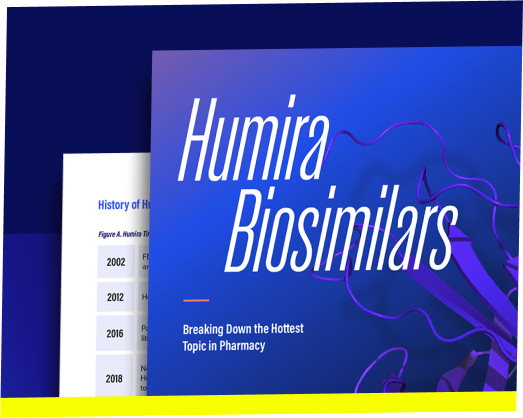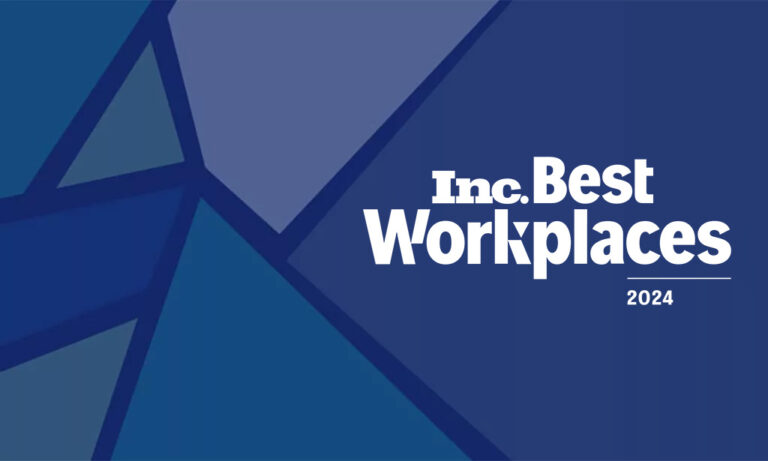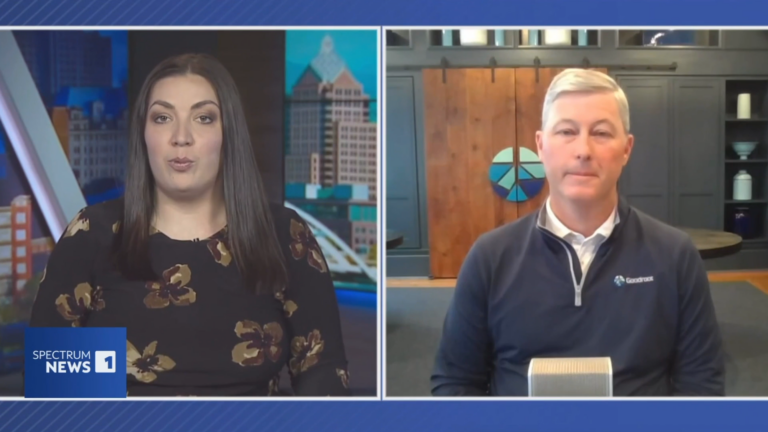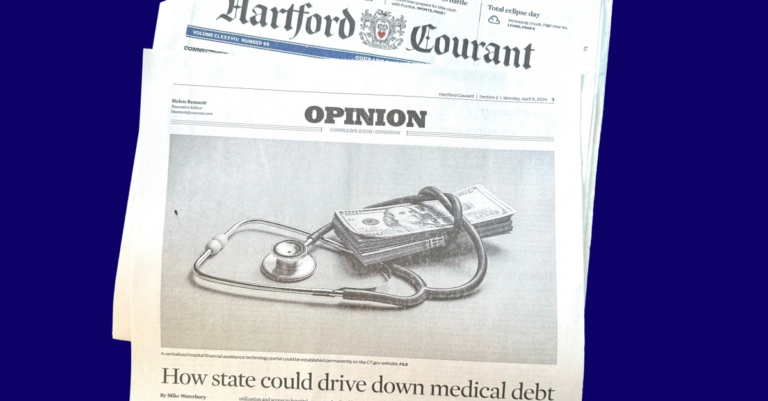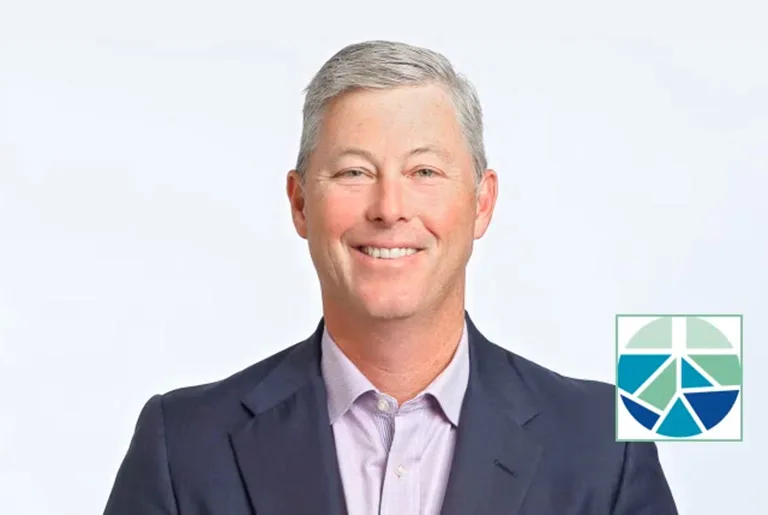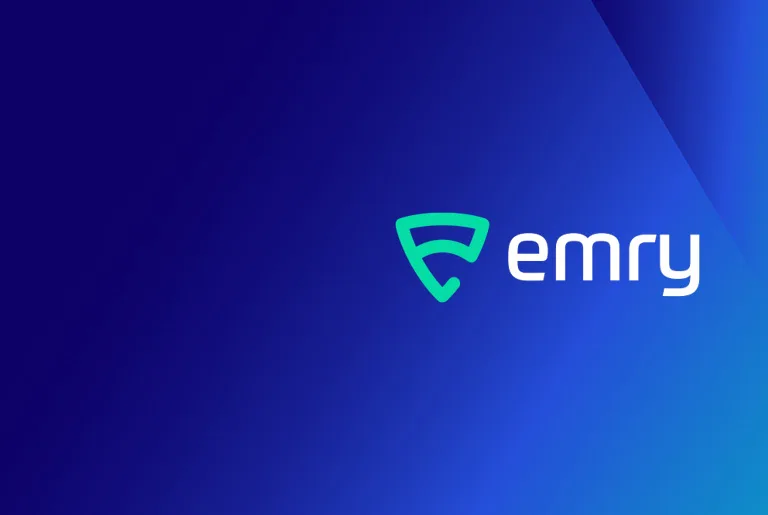Read the full article as it originally appeared in Connecticut HIT
In an effort to ease the burden, the state in July of this year began paying premiums and all cost-sharing that were not paid for caregiver adults of children on HUSKY A, up to 175% federal poverty level (FPL). This group is not covered by Medicaid and are enrolled in the silver plan via Access Health CT. On July 1, 2022, the state will begin paying all remaining premiums and cost-sharing, after federal assistance, for all adults under 175% FPL, including dental and non-emergency medical transportation.
Nonprofits are stepping in as well.
RIP Medical Debt, a New York-based nonprofit that acquires and retires medical debt for individuals, “is in negotiations with at least one health system with hospitals located in Connecticut, and unfortunately can’t name names right now,” said Keith Hearle, Interim Director of Debt Operation, RIP.
The nonprofit now buys medical debt directly from health systems, a new model compared to debt collectors’ purchase of medical debt.
In 2020, donors in Connecticut—the Southern New England Conference United Church of Christ and an anonymous source—provided $2 million to support RIP’s medical debt abolishment program in Hartford, New Haven and Windham counties, among others.
Companies in the private sector are also launching initiatives to disrupt the model of healthcare delivery.
Canton-based consortium Goodroot Inc. claims to have accrued $800 million in health care cost savings since 2015 for employers, groups and individuals. “Each of our affiliate companies addresses a specific problem or inefficiency in healthcare,” said Michael Waterbury, CEO of Goodroot. “Since medical debt stems from soaring healthcare costs, all of our initiatives are working to prevent medical debt by lowering costs in the first place.
For example, member company RemedyOne leverages rebate programs to help lower pharmacy costs for employees and employers.
Goodroot also supports nonprofits that directly offer medical debt relief, such as working with a medical debt organization to negotiate new agreements with hospitals to prevent overdue payments from going to collections. “In 2022, we will be launching a Goodroot affiliate that remediates medical debt,” Waterbury said.


